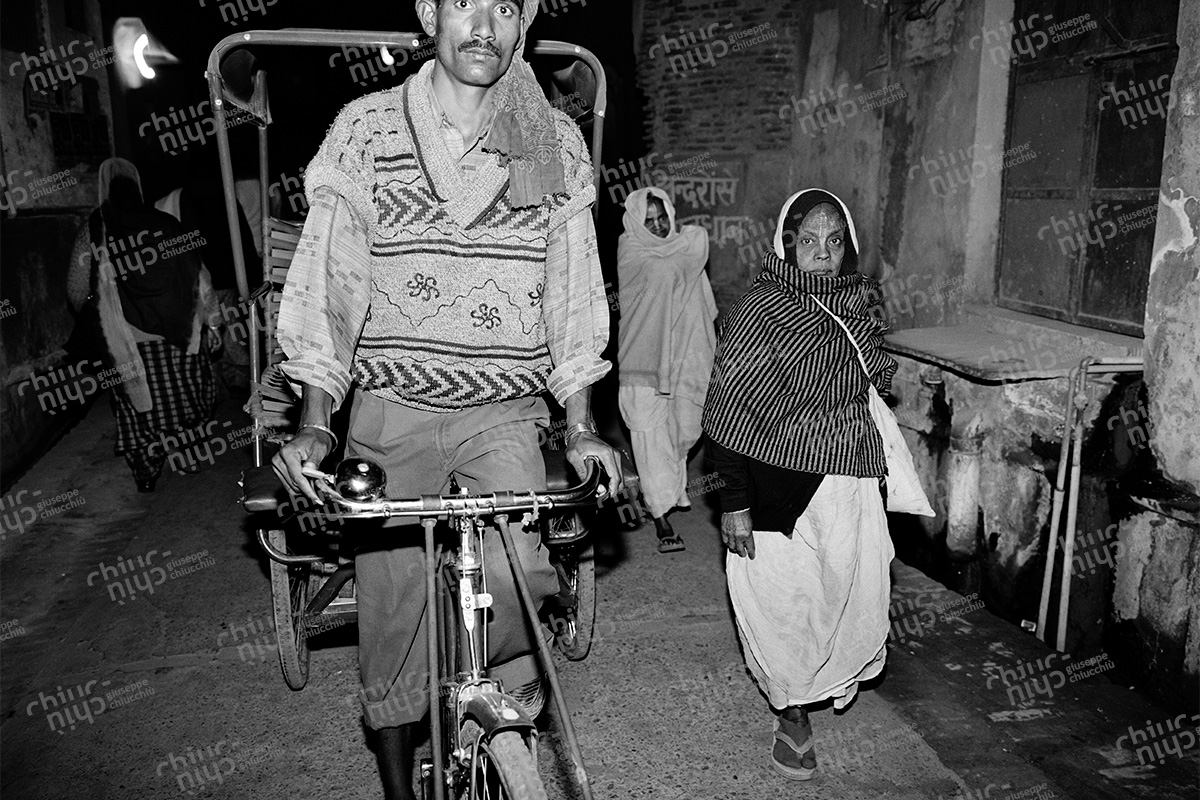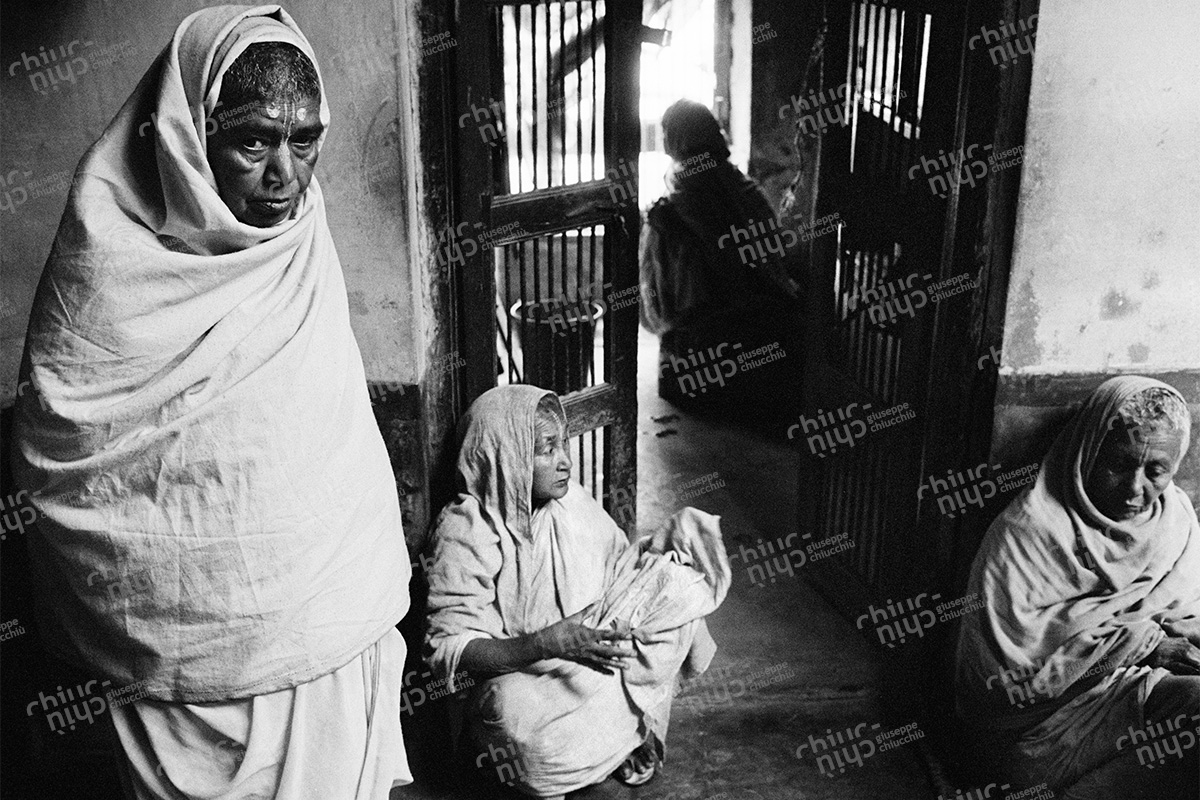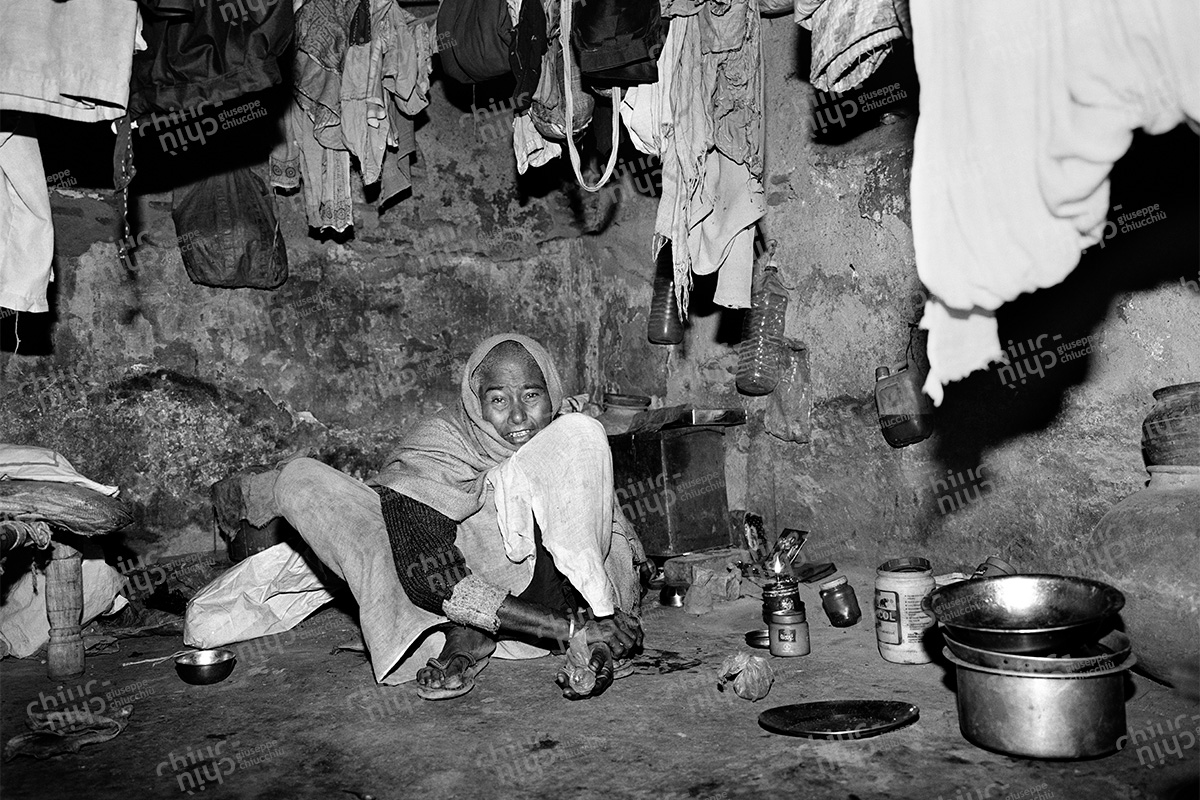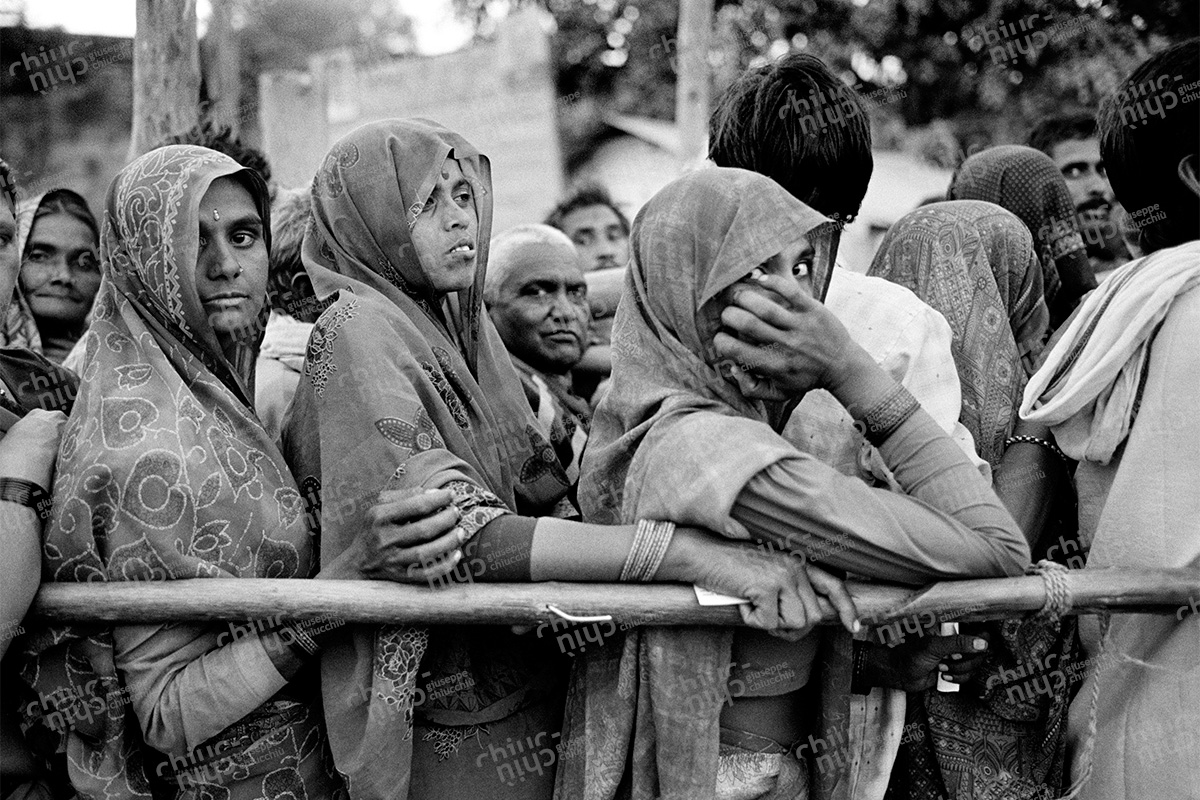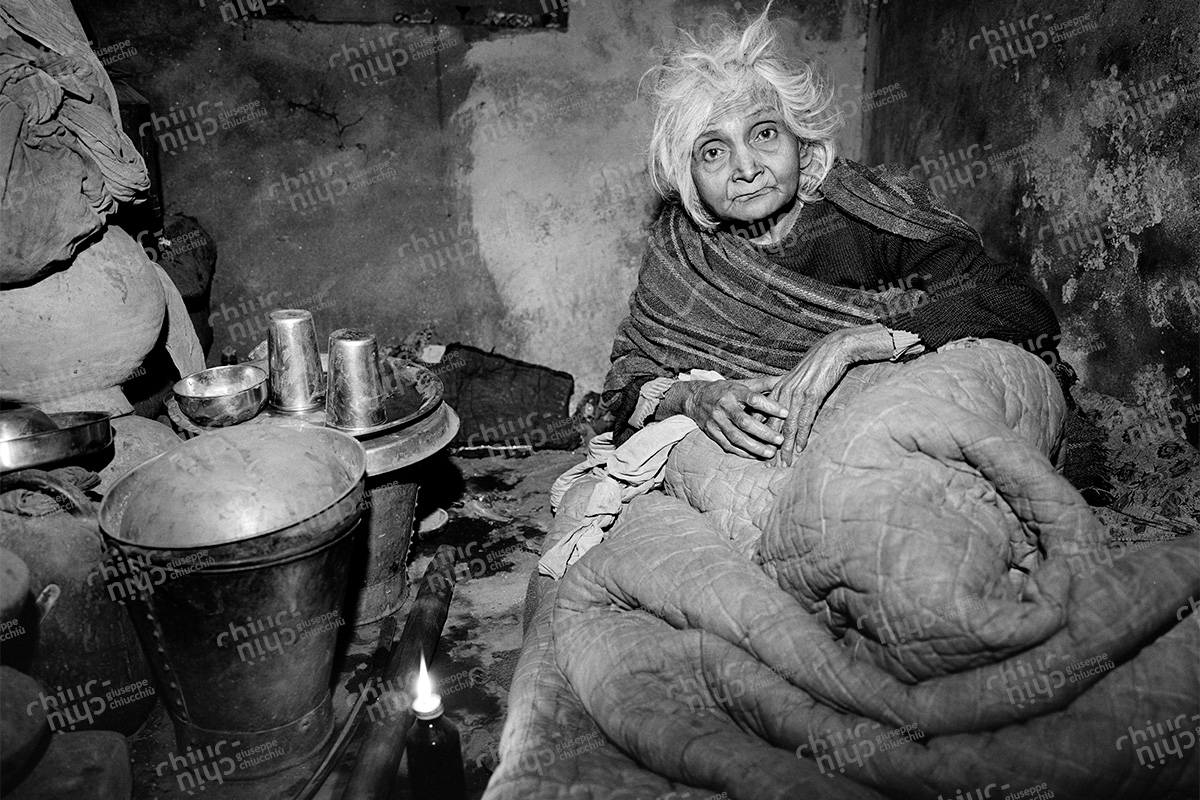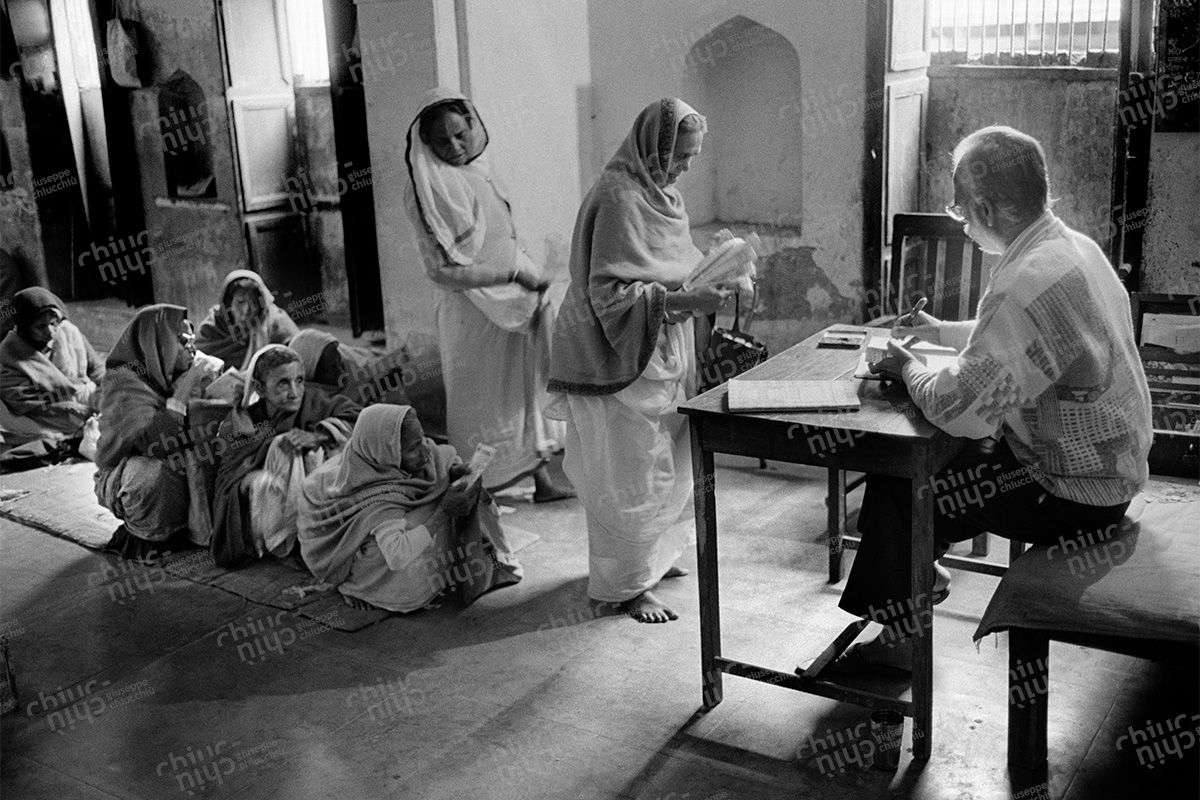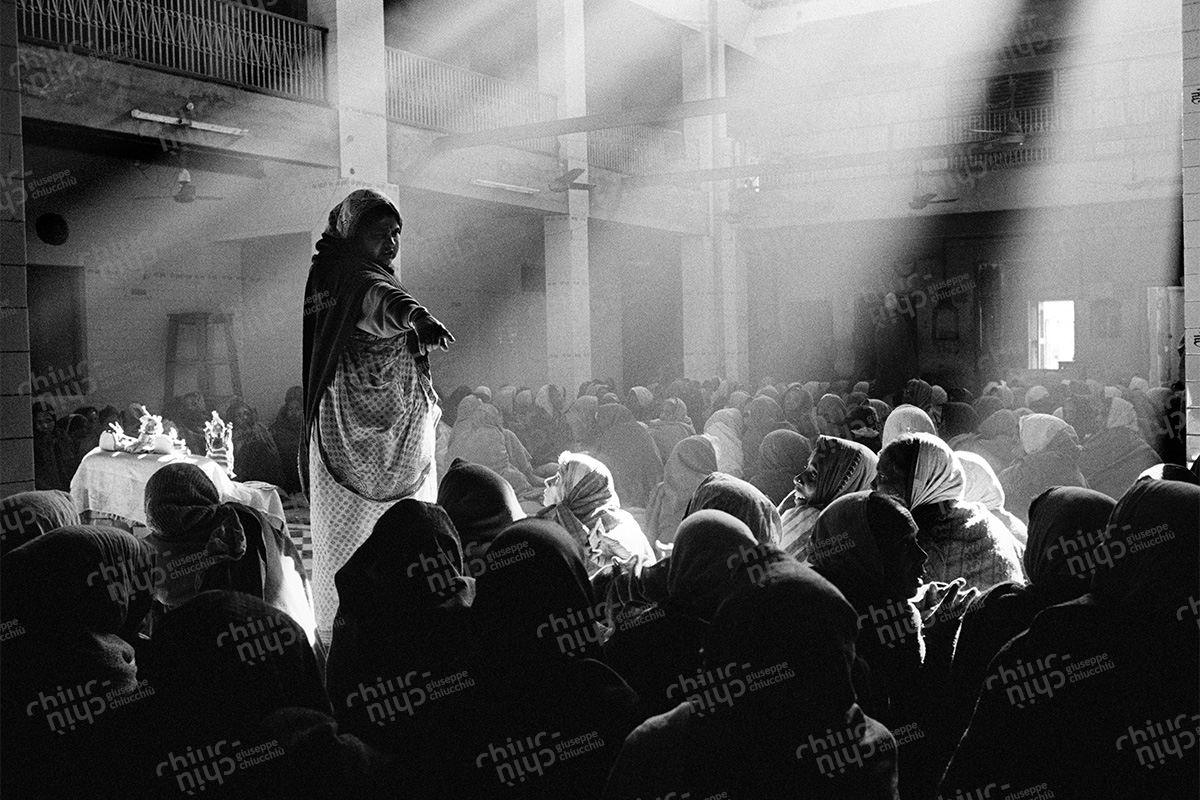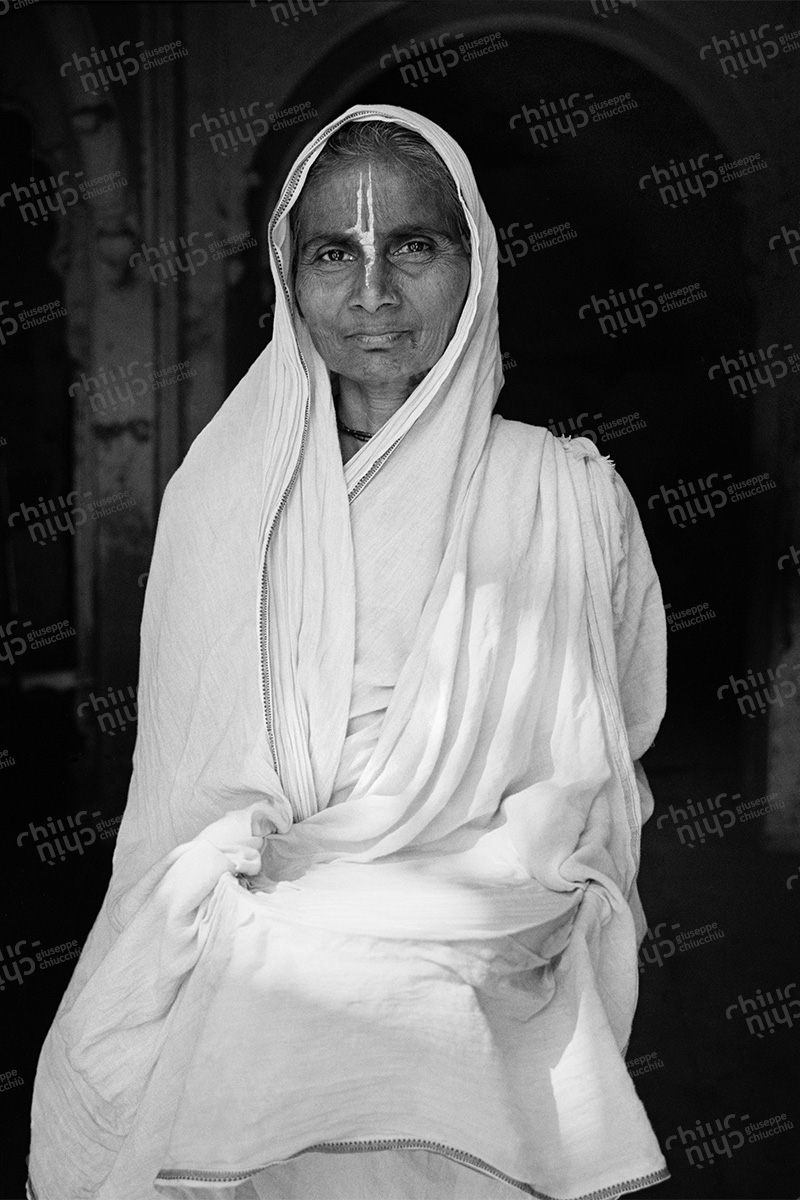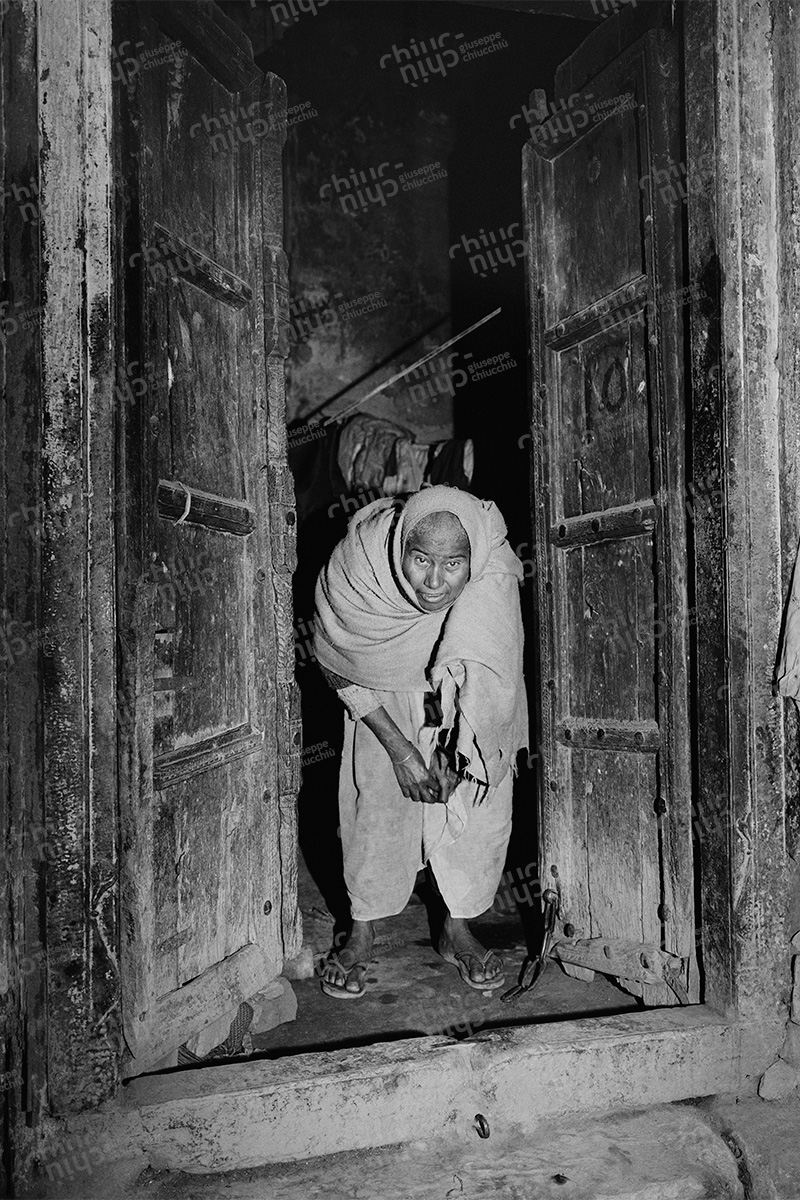Vrindavan is a small town in the northern Indian state of Uttar Pradesh. It is known for its many temples and as a pilgrimage site for Hindus. However, it is also known for its large population of widows who come to live in the town after the death of their husbands. Traditionally, widows in India were expected to live a life of austerity and seclusion, often facing social ostracism and discrimination. In the past, some widows in certain parts of India were expected to commit “Sati” – a practice where a widow would immolate herself on her husband’s funeral pyre. This practice was outlawed by the British colonial government in the 19th century, but the stigma around widows remained. In Vrindavan, many widows have found refuge in the town’s ashrams, where they live out their days in poverty and seclusion. However, the town is also known for its “white widows” – elderly women who refuse to adhere to traditional norms and instead choose to live a life of dignity and independence. These women have formed their own communities, supporting each other and living life on their own terms. They refuse to be stigmatized or defined by their status as widows, and instead, they work and live together in a spirit of sisterhood. While the situation for widows in India has improved in recent years, with the government implementing various welfare programs for them, many widows still face discrimination and neglect. The white widows of Vrindavan are a testament to the strength and resilience of women who refuse to be silenced or marginalized by society.
Vrindavan è una piccola città dello stato indiano dell’Uttar Pradesh. È nota per i suoi numerosi templi e come luogo di pellegrinaggio per i fedeli induisti. Tuttavia, è anche conosciuta per la sua grande popolazione di vedove che vengono a vivere in città dopo la morte dei loro mariti. Tradizionalmente, le vedove in India erano attese a vivere una vita di austerità e di isolamento, spesso affrontando ostracismo e discriminazione sociale. In passato, alcune vedove in alcune parti dell’India erano attese a commettere “sati” – una pratica in cui una vedova si immolava sul rogo funebre del marito. Questa pratica fu proibita dal governo coloniale britannico nel XIX secolo, ma lo stigma sulle vedove rimase. A Vrindavan, molte vedove hanno trovato rifugio negli ashram della città, dove vivono i loro giorni in povertà e isolamento. Tuttavia, la città è anche conosciuta per le “vedove bianche” – donne anziane che rifiutano di aderire alle norme tradizionali e scelgono invece di vivere una vita di dignità e indipendenza. Queste donne hanno formato le proprie comunità, sostenendosi a vicenda e vivendo la vita a loro modo. Si rifiutano di essere stigmatizzate o definite dal loro status di vedove, e invece lavorano e vivono insieme in uno spirito di sorellanza. Sebbene la situazione delle vedove in India sia migliorata negli ultimi anni, con il governo che ha implementato vari programmi di assistenza per loro, molte vedove affrontano ancora discriminazione e abbandono. Le vedove bianche di Vrindavan sono una testimonianza della forza e della resilienza delle donne che rifiutano di essere silenziate o marginalizzate dalla società.


